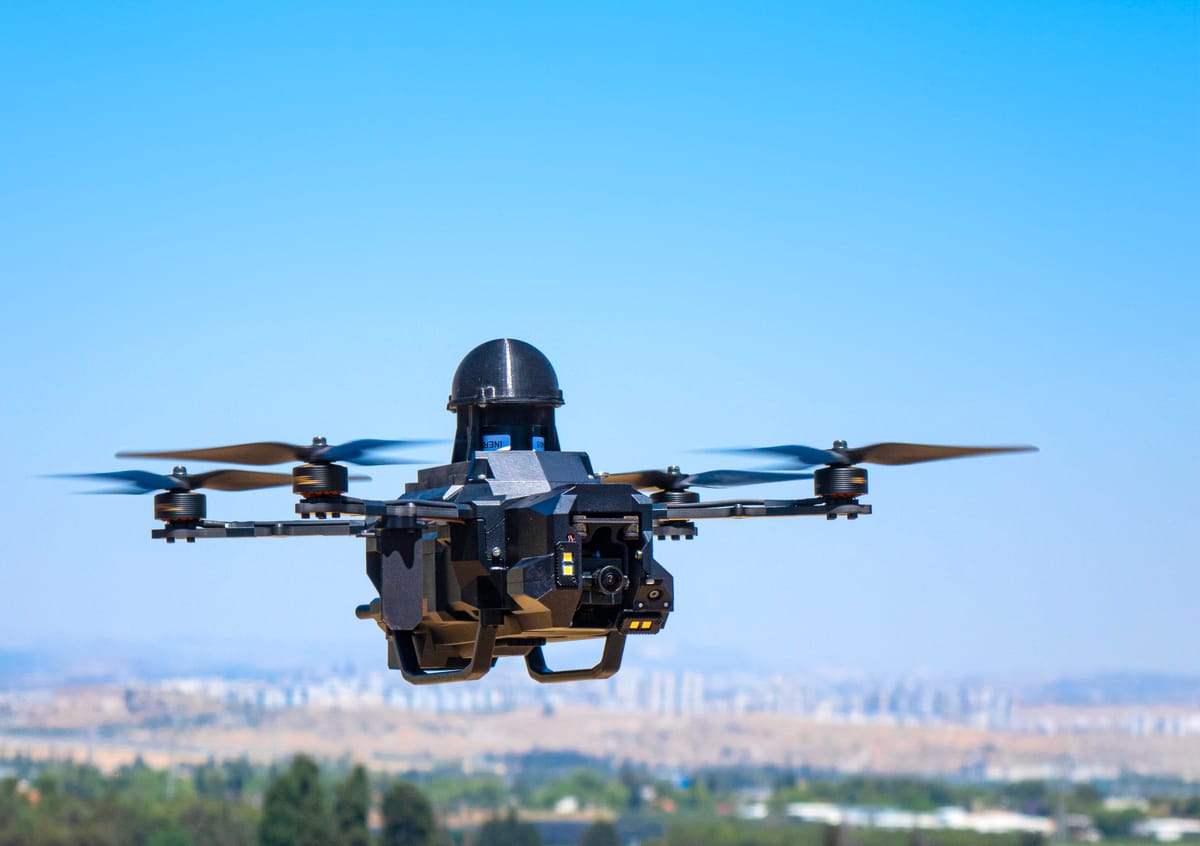Israeli Drone Startup Lands U.S. DoD Contract in Shift Toward Affordable Autonomous Strike Systems
Israel’s XTEND has secured a U.S. Department of Defense contract for one-way attack drones, marking a major step in the Pentagon’s shift toward low-cost, AI-driven autonomous systems.

The U.S. Department of Defense has signed a new contract with Israeli defense-tech company XTEND to supply one-way attack drones, marking a significant expansion of Israel’s growing role in autonomous warfare technology.
According to the company, the new systems are designed for high-precision missions in urban and irregular combat zones — providing frontline troops with low-cost strike capabilities that reduce direct human risk. The deal comes amid a wider Pentagon push for affordable, expendable drones to counter Russia, China, and other technologically advanced adversaries.
XTEND, founded by brothers Aviv and Rubi Shapira, is best known for developing AI-enhanced unmanned aerial systems (UAS) that combine human-machine teaming and autonomous flight controls. The drones can be operated via virtual-reality interfaces, enabling soldiers to perform complex tasks such as reconnaissance, target engagement, or neutralization of threats without leaving cover.
“This collaboration with the U.S. Department of Defense is a major milestone,” said co-founder and CEO Aviv Shapira in a company statement. “Our systems give operators intuitive control in environments where every second counts.”
The company, which already supplies similar technologies to the Israeli Ministry of Defense, has expanded into the United States to meet production and compliance requirements. Part of the new systems will be manufactured and maintained at XTEND’s U.S. facilities.
Analysts say the deal highlights a clear strategic pivot in U.S. procurement — from large, reusable UAVs to smaller, disposable strike drones capable of rapid field deployment. The trend has accelerated following lessons learned from the conflicts in Ukraine and the Middle East, where mass drone use has reshaped modern battlefield dynamics.
With this latest agreement, XTEND joins a growing group of Israeli startups exporting autonomous and semi-autonomous combat systems to NATO partners. The contract value has not been disclosed, but defense observers estimate it could reach tens of millions of dollars depending on production scale and options exercised.
The Pentagon’s interest in one-way drones — sometimes described as “loitering munitions” or “suicide drones” — reflects an evolving doctrine that prioritizes low-cost, high-volume deployment over traditional hardware-heavy strategies.
For Israel, the deal further cements its position as a global innovation hub for defense robotics and AI, and underscores the increasing interoperability between U.S. and Israeli defense industries.





